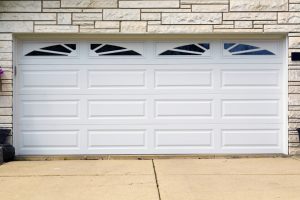
How the Garage Contributes
Garages often go uninsulated. For many, the garage is probably the largest uninsulated space in the home. Rooms that are connected to the garage, whether they are above or share a wall, can be affected by the rules of heat transfer. Heat tends to follow cold, attempting to spread out until everywhere has reached an equal temperature. So the warm air from your kitchen or the bedroom above the garage is going to want to spread into the cooler garage in an attempt to reach equilibrium of temperatures.
Solutions to Heat Loss
So how can this heat loss be prevented? Many people may consider having the existing furnace ductwork added to the garage space. This, however, is usually not a great solution, particularly if the garage is uninsulated. This will just cause an additional rise in your gas bill as the furnace attempts to heat the naturally cooler garage space, and cause your furnace to have a life-span reduction as it works over time to heat the space.

A simple, more affordable option can be garage furnaces. At Apollo Heating and Air Conditioning, we supply and install heaters made specifically for the garage. These heaters are generally designed to keep the space at a warm-enough temperature to be fairly comfortable, but also at a low enough temperature to be energy efficient. This can in turn help keep the heat in a home from feeling like it needs to sneak into the garage space, as well as making the garage a more usable space year round. With a garage heater, you may find yourself using the space as a workshop, laundry room, or maybe even for game night!


